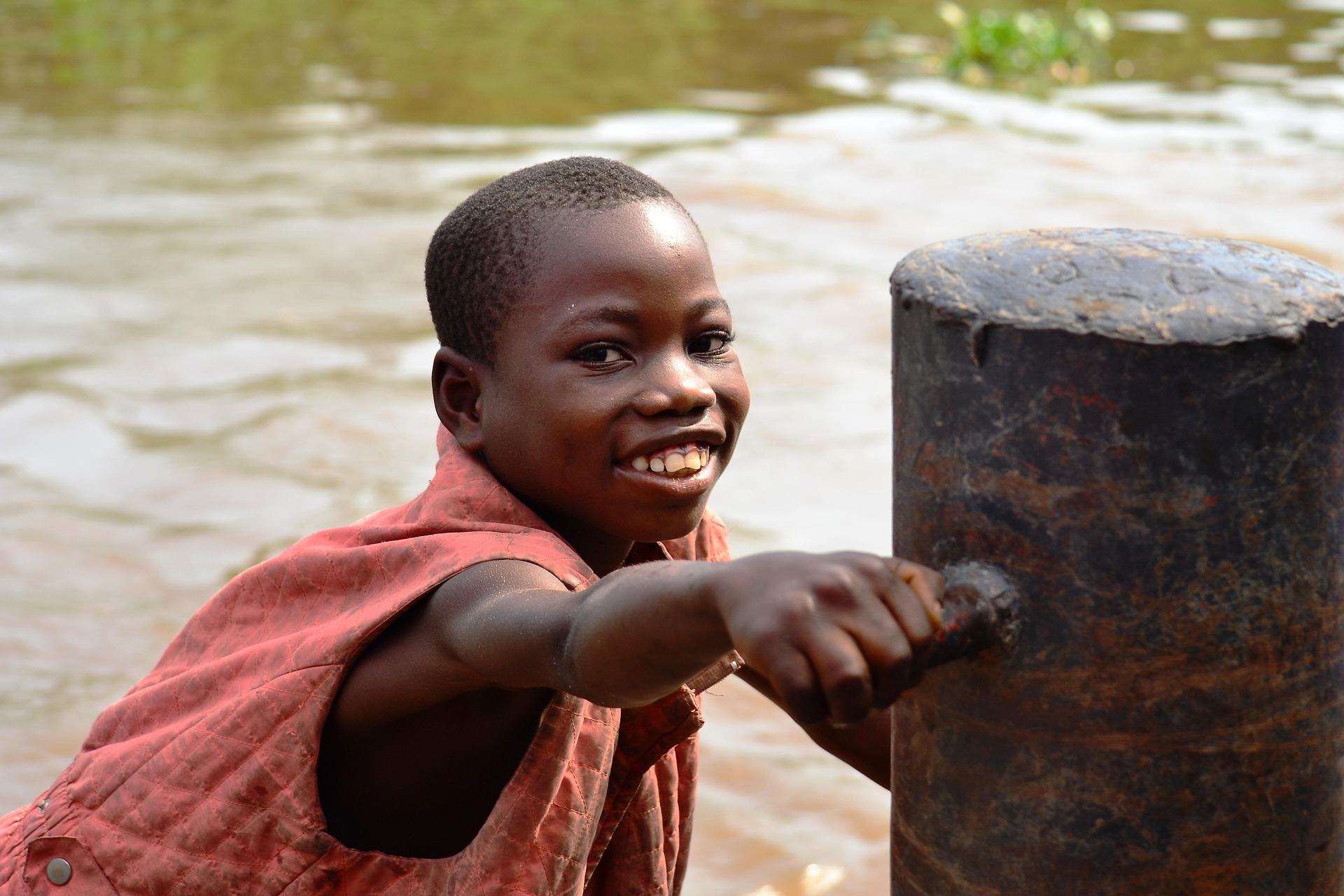The Mai Ndombe Emission Reductions Program is a large-scale environmental initiative in the Democratic Republic of Congo. It aims to reduce greenhouse gas emissions caused by deforestation and forest degradation. The program covers approximately 12.3 million hectares, mostly forested land, in the Mai Ndombe province. This area includes about 9.8 million hectares of dense tropical forest. The program has a long-term vision, planned to last for 20 years, with an initial results-based payment phase from 2016 to 2021.
The Emission Reductions Program forms part of the Democratic Republic of Congo’s national REDD+ strategy. REDD+ stands for Reducing Emissions from Deforestation and forest Degradation. It also includes conservation, sustainable forest management, and enhancement of forest carbon stocks.
The Mai Ndombe Emission Reductions Program serves as a model for reforestation and green development in the Congo Basin. It tests climate action approaches in high forest cover, low deforestation countries. The program aims to align with the goals of the Paris Agreement and promote sustainable development.
Goals and Approach of the Emissions Reduction Program
The program’s main goal is to provide alternatives to deforestation while rewarding positive environmental performance. It seeks to address climate change, reduce poverty, conserve natural resources, and protect biodiversity. The program supports local communities by improving livelihoods and promoting sustainable land use. It also aims to strengthen governance and capacity at the provincial and local levels.
The Emission Reductions Program uses a jurisdictional approach. This means it works at the scale of the entire Mai Ndombe province, rather than focusing only on small project areas. This approach allows the program to coordinate activities across sectors and stakeholders. It integrates efforts such as reducing illegal logging, promoting agroforestry, and managing fire risks. The program also supports land-use planning and governance reforms.
Implementation and Stakeholders
The Democratic Republic of Congo government leads the program. It works with international partners, including the World Bank and the Forest Carbon Partnership Facility. These organizations provide funding, technical support, and oversight. The program also involves local governments, civil society groups, indigenous peoples, and community organizations. Women participate actively in many local committees and decision-making bodies.
The program established a Steering Committee chaired by the provincial governor. This committee guides the program’s implementation and ensures coordination among stakeholders. Local Development Committees and Rural Agricultural Management Committees operate at the village level. They help manage activities and represent community interests. The program also supports capacity building for these groups.
Environmental and Social Benefits of the Emission Reductions Program
The Mai Ndombe program aims to reduce emissions by an estimated 29 million tons of carbon dioxide between 2016 and 2021. It achieves this by stopping planned legal logging and reducing illegal logging. The program promotes sustainable agriculture and forest management practices. It also supports reforestation and forest regeneration activities.
In addition to environmental benefits, the program focuses on social improvements. It helps poor farmers improve agricultural productivity. It supports infrastructure projects such as building schools, health centers, and rural markets. These efforts aim to improve the quality of life for local communities and reduce poverty. The program’s activities are designed to be participatory, involving local people in planning and decision-making.
Challenges and Outlook
The program operates in a complex environment. It faces challenges such as weak land rights recognition, corruption, and governance issues. These challenges require ongoing attention to ensure fair benefit sharing and community inclusion. The program works to strengthen transparency and accountability.
The Mai Ndombe Emission Reductions Program represents a significant effort to balance environmental protection with social development. It serves as a test case for REDD+ implementation in Africa. Success in Mai Ndombe could influence climate action and forest conservation strategies across the continent.
The Mai Ndombe Emission Reductions Program
The Mai Ndombe Emission Reductions Program is a pioneering initiative in the Democratic Republic of Congo. It aims to reduce deforestation and carbon emissions while supporting sustainable development. The program works at the provincial level, involving many stakeholders and local communities. It combines environmental goals with poverty reduction and improved governance. Despite challenges, the program offers a model for green development in tropical forest regions. Its progress will be important for future climate and conservation efforts worldwide.

